
Zacharias Topelius was a Finnish author, poet, journalist, historian, and rector of the University of Helsinki who wrote novels related to Finnish history. He wrote his works exclusively in Swedish, although they were translated early on into Finnish.
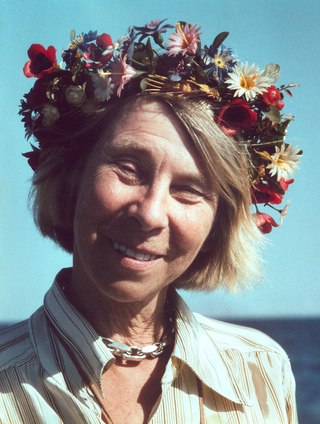
Tove Marika Jansson was a Finnish author, novelist, painter, illustrator and comic strip author of Swedish descent. Brought up by artistic parents, Jansson studied art from 1930 to 1938 in Helsinki, Stockholm, and Paris. She held her first solo art exhibition in 1943. Over the same period, she penned short stories and articles for publication, and subsequently drew illustrations for book covers, advertisements, and postcards. She continued her work as an artist and writer for the rest of her life.
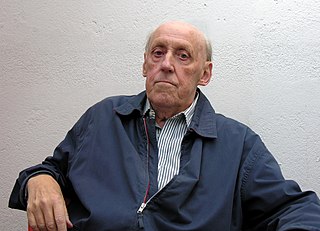
Baron Bo Gustaf Bertelsson Carpelan was a Finland-Swedish poet and author. He published his first book of poems in 1946, and received his PhD in 1960. Carpelan, who wrote in Swedish, composed numerous books of verse, as well as several novels and short stories.
Scandinavian literature or Nordic literature is the literature in the languages of the Nordic countries of Northern Europe. The Nordic countries include Denmark, Finland, Iceland, Norway, Sweden, and Scandinavia's associated autonomous territories. The majority of these nations and regions use North Germanic languages. Although the majority of Finns speak a Uralic language, Finnish history and literature are clearly interrelated with those of both Sweden and Norway who have shared control of various areas and who have substantial Sami populations/influences.
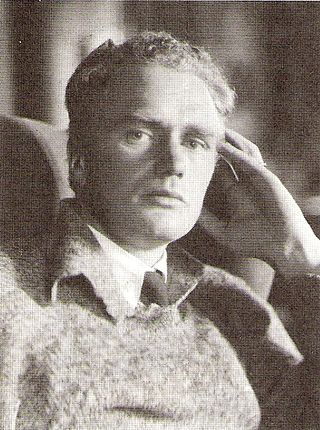
Jarl Robert Hemmer was a Swedish-speaking Finnish author. He was nominated for the Nobel Prize in Literature in six consecutive years.

Kjell Westö is a Finnish author and journalist. Westö writes in Swedish. Best known for his epic novels set in Helsinki, he has also written short stories, poetry, essays and newspaper columns.

Sara Brita Stridsberg is a Swedish author and playwright. Her first novel, Happy Sally, was about Sally Bauer, who in 1939 had become the first Scandinavian woman to swim the English Channel.

Helvi Hämäläinen was a Finnish writer who published dozens of books of prose and poetry during her six decade writing career.
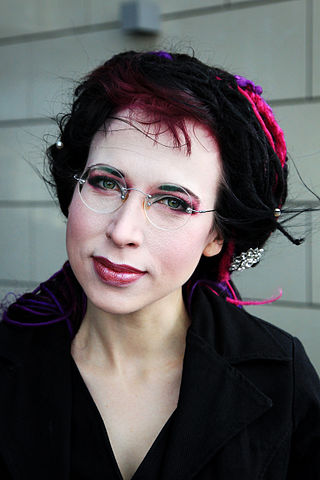
Sofi-Elina Oksanen is a Finnish writer and playwright. Oksanen has published six novels, of which "Purge" has gained the widest recognition. She has received several international and domestic awards for her literary work. Her work has been translated into more than 40 languages and sold more than two million copies. Oksanen has been called "Finnish-Estonian Charles Dickens" and her work has often been compared to Margaret Atwood's novels. Oksanen is actively involved in public debate in Finland and comments on current issues in her columns and various talk shows.

Jarl Wilhelm Erik Gallén was a Finnish historian and Swedish-speaking professor in history at Helsinki University from 1964 to 1975.
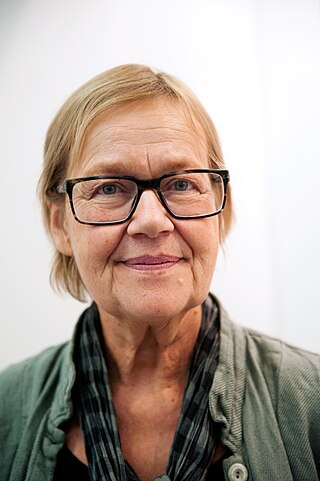
Tua Birgitta Forsström is a Finland-Swedish writer who writes in Swedish. She was awarded the Nordic Council Literature Prize in 1998 for the poetry collection Efter att ha tillbringat en natt bland hästar. Forsström's work is known for its engagement with the Finnish landscape, travel and conflicts within relationships. She often uses quotations in her work, sometimes placing them directly into her poems and at other times using them as introductions or interludes in her sequences. She has used quotations from Egon Friedell, Ludwig Wittgenstein, Hermann Hesse and Friedrich Nietszche. In the collection After Spending a Night Among Horses (1997) Forsström uses quotations from the Andrei Tarkovsky film Stalker, they are placed as interludes in a sequence of pieces and sit alone on the page, without direct reference to their source on the page, leaving this to a Notes & Quotations section at the end of the book.

Monika Kristina Fagerholm is a Swedish-speaking Finnish author living in Ekenäs, Finland. She is the daughter of professor Nils-Erik Fagerholm and library amanuensis Kristina Herrgård. Fagerholm has studied psychology and literature at the University of Helsinki. In 1987, she received her bachelor's degree in psychology and literature. Fagerholm made her debut in 1987 with Sham but her real breakthrough in the literary scene was in 1994 with Underbara kvinnor vid vatten. The book was nominated for the Finlandia Prize, which is the biggest literary prize in Finland. It was also nominated for the August Prize in 1995, in Sweden and also the International Dublin Literary Award in 1998. In 1994, she received the Runeberg Award in Finland. The movie adaptation of the novel by Claes Olsson premiered in 1998. Fagerholm received the August prize in 2005 for Den amerikanska flickan.

Lars Evert Huldén was a Swedish-speaking Finn writer, scholar and translator. Born in Jakobstad, Finland, he was professor at Helsinki university 1964–1989. In 1986 Huldén received an honorary doctorate from the Faculty of Humanities at Uppsala University, Sweden. He was a member of the Norwegian Academy of Science and Letters from 1993.

Abraham Tokazier was a Finnish sprinter with Jewish descent. His best achievement was second place in the 100 metres run at the 1938 Finnish Championships. He is best remembered for winning the 100 metres at the Helsinki Olympic Stadium's opening games, but being demoted to fourth place by the jury. Tokazier's club was Makkabi Helsinki.

Solveig Margareta von Schoultz was a Swedish-speaking Finnish writer and teacher. She wrote poetry, children's novels, short stories, plays, and television and radio dramas.

Seita Vuorela was a Finnish author of young adult novels and photographer.

Maria Turtschaninoff is a Finnish author. She is best known for writing fantasy books including Maresi, the first book in the Red Abbey Chronicles and winner of the 2014 Finlandia Junior Prize.
Nanny Matilda Hammarström was a Finland-Swedish teacher and author.

Merete Mazzarella is a Swedo-Finnish prize-winning author and literature researcher.
Skrifter utgivna av Svenska litteratursällskapet i Finland is a book series in Swedish, published in Finland since 1886 by the Society of Swedish Literature in Finland (SLS). The main series reached number 734 in the year 2010. The series has several sub-series with own themes and numbering. Several of the publications have been digitised and made freely available by the National Library of Finland.

















